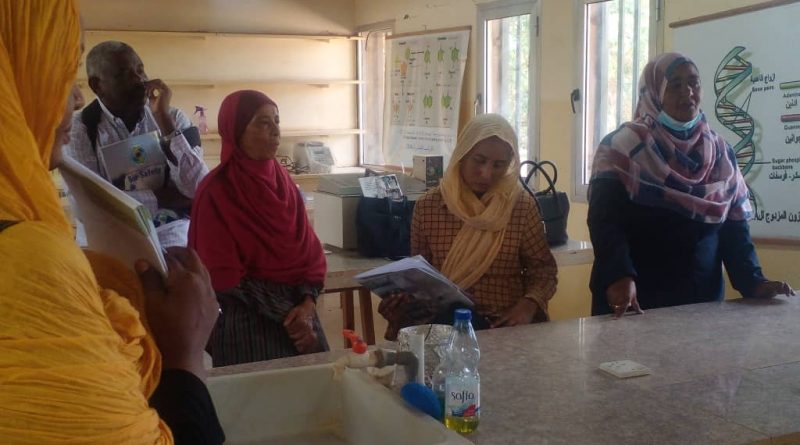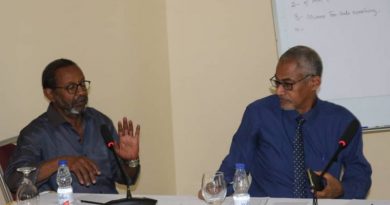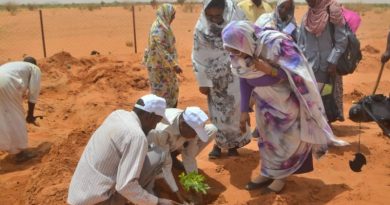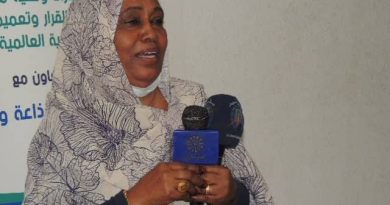An assessment of the capabilities of local laboratories is initiated for the detection of genetically modified organisms (GMO)
The Higher Council for Environment and Natural Resources, through the Department of Biosafety, has begun evaluating the local laboratory capabilities for the detection of genetically modified organisms in research institutes and specialized colleges in Sudanese universities. The aim of the evaluation is adopting them in the detection of genetic modification and conducting laboratory experiments on the introduction of genetically modified organisms and their products to the local environment. Based on the competence of the Council to implement the Biosafety Law and the Kartana Protocol on Biosafety.
In this context, the Biosafety Department of the Council, and some members of the Biosafety Technical Committee, which includes specialists in the field of laboratories and the competent regulatory bodies, visited the Faculty of Agriculture (University of Khartoum) and held a meeting at the Deanship of the Faculty. They explained the objectives of the visit and listened to the possibilities available in terms of laboratory activities related to the field Biosafety, human cadre in laboratories, available techniques, devices, and laboratory equipment, and laboratories needs.
The delegation visited the departments, laboratories and the sites of research experiments of the college. The delegation was positively impressed with capabilities of the college, which will be subjected to evaluation and accreditation by the Higher Technical Committee for Biosafety.
The visit program will continue to include the Technology and Biosafety Research Center at the Agricultural Research Authority, the Biotechnology Laboratory at the Faculty of Science, University of Khartoum, the Veterinary Research Laboratory at the Livestock Research Authority, and the Central Laboratory of the Ministry of Higher Education and Scientific Research.




